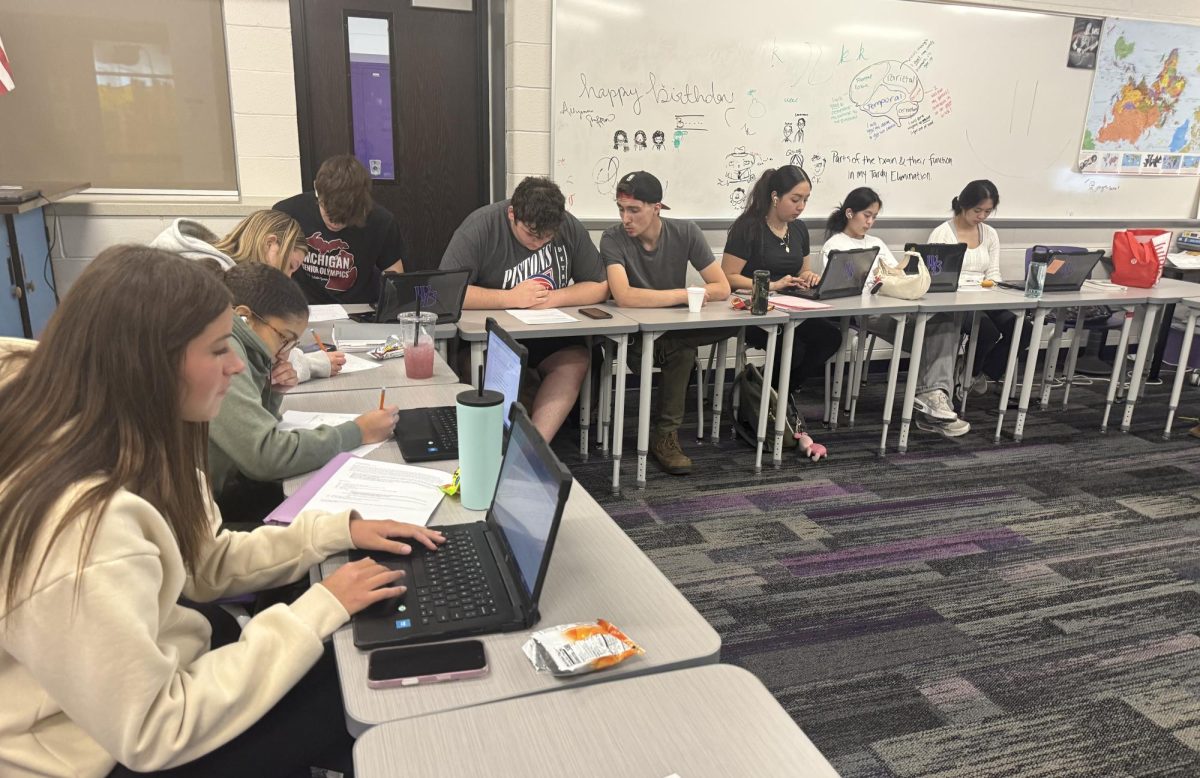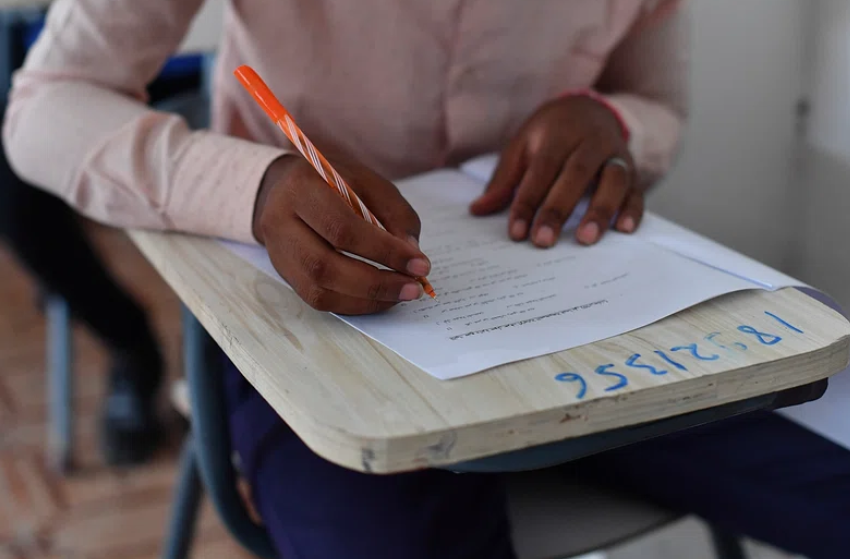Students these days lack responsibility, the ability to focus, and the willingness to succeed in high school. While this may not be the case for all students, it can be seen throughout a large portion of them.
Research from various articles, including anonymous responses from a survey sent out to WHS students, explains the issues students have.
Basic sociology explains that people act the way they do and think the way they do because of the world around them. Family, peer group(s), school, mass media, and social media are the main socializing factors in a person’s life.
A student who surrounds themselves with people who lack the care for school may ultimately grow careless towards school. Constantly being around opinionated peers will change the way a person thinks, so they start to follow the patterns of society.
Responses to the survey show that 60% of students who attend WHS feel neutral about school as a whole. It also displays that 30.4% of students have negative feelings towards school, and only 9.6% have positive feelings towards school.
Phones are a part of everyone’s lives. Due to Covid, students were expected to live their lives through electronic devices. It’s hard for someone to break away from norms that are created within a society, but some need to realize the importance of living in the present moment.
According to the survey, a good portion of students stated that they spend roughly 1-3 hours on their phones each school day, so let’s put this into perspective.
If a student spends 3 hours a day on their phone at school, that means they are on their phone for 90 whole days out of the 180-day school year. What could that mean?
It means those students are losing half of their education for the year. They only know half of what they need to for every test and every assignment. If a student is spending that much time on their phone in just one year, how much time have they wasted on their phone throughout every school year?
Being disconnected from the environment makes it difficult to succeed. Phones are one example of a factor that makes a students disconnected from their teachers and peers. The article “How to Deal with Cell Phones in School” states, “Common Sense Media, a nonprofit organization that promotes safe technology and media for children, reported that “50 percent of teens ‘feel addicted’ to mobile devices.”
In response to the survey, students stated that the amount of work they have to do each day, their phones, friends, and their outside lives; working after school, chores that need to be done right after school, etc., all greatly impact their motives towards school.
As hard as it may seem, try focusing more on the present moment and the things that need to be done during that time. Being able to focus on one thing at a time helps decrease stress and anxiety. Don’t focus on each class as a whole and over-stress yourself. Place things of the most importance at the top of the “to-do” list and move on to things after one gets completed.
Many students said that not wanting to do an assignment is a factor that keeps them from getting schoolwork done.
As ridiculous and as unfair as high school may seem, what’s the point in failing when it just causes more issues? First, a student starts to fail their classes, the school officials get involved to try to help that student pass, and next the student is struggling to catch up to where they need to.
Even though high school may seem pointless, it seems even more pointless to purposely fail and cause more issues for oneself just to struggle even worse than before.
It can be obvious that there are underlying reasons as to why students don’t do well in their classes. They could be struggling with stress, anxiety, depression, ADHD, dyslexia, or some other mental struggles that don’t allow them to focus in the ways they should be able to.
Anxiety plays a role in many aspects of school and is seen throughout a lot of students. The article “Teenage Problems in School and Tips to Resolve Them” states, “There are end-of-semester tests, end-of-year tests, subject matter tests, aptitude tests, state tests, national tests, and college aptitude tests. The list is endless to a stressed-out teenager. Sometimes those tests carry with them some real consequences for not doing well.”
With being expected to do well in various subjects, ranging from math and science to extracurricular activities like sports and clubs, it would make sense for any student to be stressed or anxious. That doesn’t mean excuses can be made to avoid school responsibilities.
After high school, people cannot make up excuses as to why they didn’t complete their job. People can’t skip days they work because they don’t feel like going. People can’t be late paying bills or they will get things like their water or their electricity shut off.
In order to become a good student, form responsibility now. Purposely failing solves no issues and overall creates more problems for people. Set obtainable goals, breathe, and always remember that you are the only person accountable for your success or failure in life.











